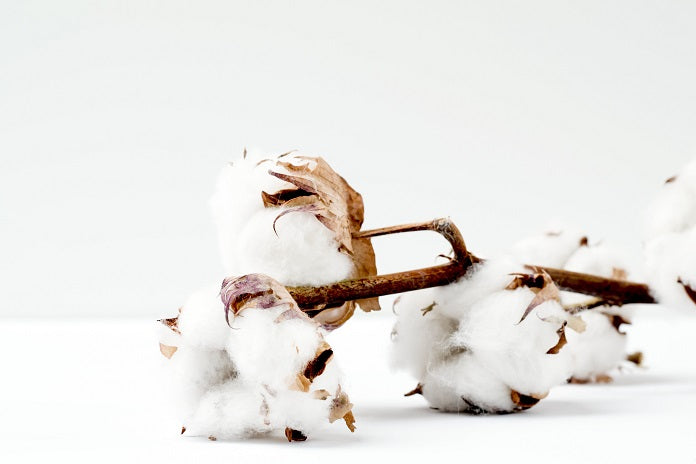Impact

Every Veda piece reflects the celebration of the traditional crafts and techniques that have been preserved by generations of artisans in India. Why do we make our product? this question is just as important as understanding how we make it— as well as the effects and benefits that each Veda garment creates.

EMPOWERMENT
Our mission is to empower, sustain, and create livelihoods in rural villages in India. It is our job to empower each other with ways to sustain ourselves. It has become our moral duty to live a life in which we can save our traditions, take a step back to a slower time with quality products that last longer, waste less, and create livelihoods.


Sourcing and Supply Chain: Transparency and Integration
We begin by making fabrics which are woven, printed or knitted in different parts of the sub-continent, from the Himalaya in the North, to Rajasthan in the West, Bengal and Jharkhand in the East and in Tamil Nadu and Karnataka in the South. Our suppliers are compliant with all the applicable regulations to ensure that there is no water pollution from the dyes used.
The garments are then both designed and sewn in our own clean and pleasant atelier in Bangalore; made on hand operated sewing machines in small batches with hand finished details. Unlike fast fashion brands that depend on complex multi-national supply chains and factories, Varana’s supply chain is closely integrated with small-scale craftspeople and small owner workshops, thus we are closely acquainted with the people who work on our products.

The garments are then both designed and sewn in our own clean and pleasant atelier in Bangalore; made on hand operated sewing machines in small batches with hand finished details. Unlike fast fashion brands that depend on complex multi-national supply chains and factories, Varana’s supply chain is closely integrated with small-scale craftspeople and small owner workshops, thus we are closely acquainted with the people who work on our products.
OUR MISSION
Success is not a number—it's a measurement of value. It is families holding onto the art of handwork as inheritance and passing it down. People may say that artisan craftsmanship is outdated, however, reducing this craftsmanship in favor of factory production leads to the extinction of cultural and historical practices. By losing traditional skills, we lose a piece of history and a part of our humanity.

CRAFT STORIES
-
 Evolution Of Khadi: India's Freedom Fabric
Evolution Of Khadi: India's Freedom FabricPair text with an image to focus on your chosen product, collection, or blog post. Add details on availability, style, or even provide a review.
-
 Pashmina: A Miracle of Nature
Pashmina: A Miracle of NaturePair text with an image to focus on your chosen product, collection, or blog post. Add details on availability, style, or even provide a review.
-
 Flawless Beauty: Aari Embroidery
Flawless Beauty: Aari EmbroideryPair text with an image to focus on your chosen product, collection, or blog post. Add details on availability, style, or even provide a review.
-
 Perceiving The Ancient Silk Empire and The Cradle Of Cashmere Wool
Perceiving The Ancient Silk Empire and The Cradle Of Cashmere WoolPair text with an image to focus on your chosen product, collection, or blog post. Add details on availability, style, or even provide a review.
-
 The Delights of Jamdani Weaving
The Delights of Jamdani WeavingPair text with an image to focus on your chosen product, collection, or blog post. Add details on availability, style, or even provide a review.
-
 Chikankari embroidery: A heritage of Nawabs
Chikankari embroidery: A heritage of NawabsPair text with an image to focus on your chosen product, collection, or blog post. Add details on availability, style, or even provide a review.








